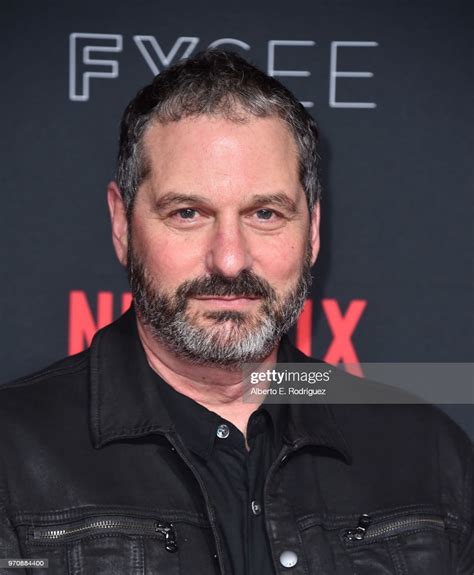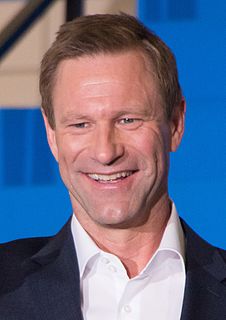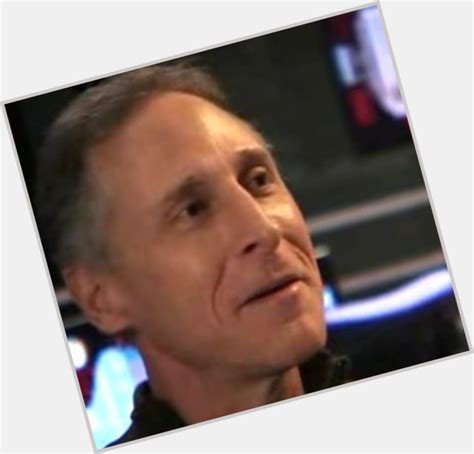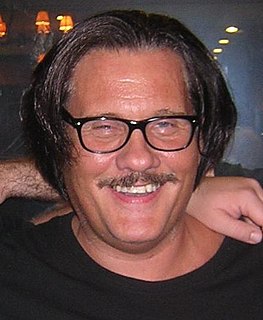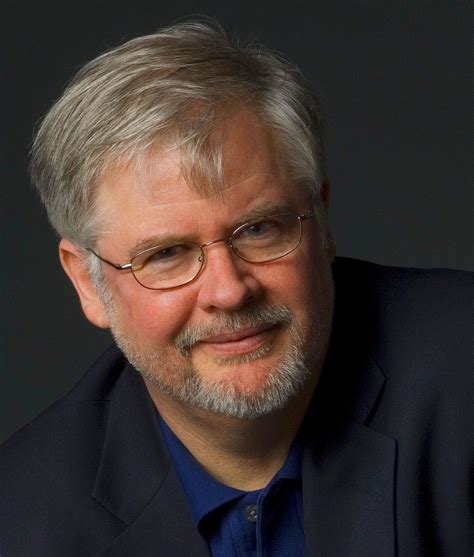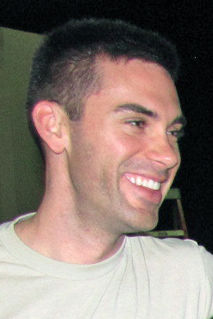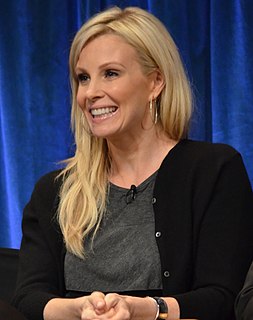A Quote by Scott Frank
I'm not the writer who says, "You have to say it exactly as I wrote it," because you don't get good work. You want somebody who's going to bring something interesting to it and really create a character with you. You see that with certain actors.
Related Quotes
I have done scenes as Harvey Two-Face. It's interesting. I won't tell you exactly what we're going for, but I think that I can say that it will use all of today's technology to create this character. He's going to be interesting, and I think that's what makes this character important in the movie-you get to see him as he was before, as in the comic books. Harvey is a very good guy in the comic books. He's judicious. He cares. He's passionate about what he loves and then he turns into this character. So you will see that in this film.
Very rarely have I worked with a director where we've been at odds. And by the time you've actually talked to somebody and you have the job, there's something that they see in you that they want you to bring to the character. And the best director says very little to you, acting-wise. They usually just say, "Okay, here's the shot." It's their job to do all that stuff, and your job's to do the acting. So it's very rare that somebody will say, "Oh, no. I conceived this very differently".
Die Hard With A Vengeance shooting was a great time, because we had an interesting script. The first script was called Simon Says, and something was going on, because some days we'd get to work, but we wouldn't actually have dialogue. We would go to Bruce's Willis trailer, and they'd say, "Okay, you have to go from 168th Street to 97th Street today. We're going to do it in the cab, and Sam, you say this. Bruce, what do you want to say?" And that's how Bruce's "hey, Zeus!" thing came up.
I love what I do. And in the true sense, from my training, I try to create a character each time. It is something I do. But I don't want that term to limit what I can do. I prefer people to say to me, 'You're one of my favorite actors,' rather than 'You're one of my favorite character actors.' It sounds like a slam.
I love actors. I enjoy their company, and I get excited each and every time they bring a character I've written to life. Every so often a talented actor doesn't hook in correctly to a character; or someone gets lost in a labyrinth of over-complicated thoughts, and the character and play suffer. However, most of the time I find actors either end up doing exactly what was in my head, or sometimes do something even better.
The dream would be to work with my two favorite actors, Daniel Day Lewis and Cate Blanchett. Or playing Joaquin Phoenix's brother in a film. Basically anything where I get to act opposite actors like these; ones who bring a certain caliber to their work and literally morph into the character they are playing.
When you are writing, you have to love all your characters. If you're writing something from a minor character's point of view, you really need to stop and say the purpose of this character isn't to be somebody's sidekick or to come in and put the horse in the stable. The purpose of this character is you're getting a little window into that character's life and that character's day. You have to write them as if they're not a minor character, because they do have their own things going on.
One wouldn't want to say that what makes a good writer is the number of books that the writer wrote because you could write a whole number of bad books. Books that don't work, mediocre books, or there's a whole bunch of people in the pulp tradition who have done that. They just wrote... and actually they didn't write a whole bunch of books, they just wrote one book many times.
Comedians work great as actors because they're good under pressure. With a lot of actors, you have to make them feel like everything's going really well to get a good performance out of them. But, if you have a comedian on the set, you can tell them, 'Hey, you really are screwing this up,' and then they just get better.
There's an inherent responsibility actors feel when portraying something that actually exists in the world. It's arguably something that not all actors would agree on because this is a craft, but for me, it's the emotion of what a character is going through that makes the performance what it is. We have a responsibility to bring those emotions to light.
